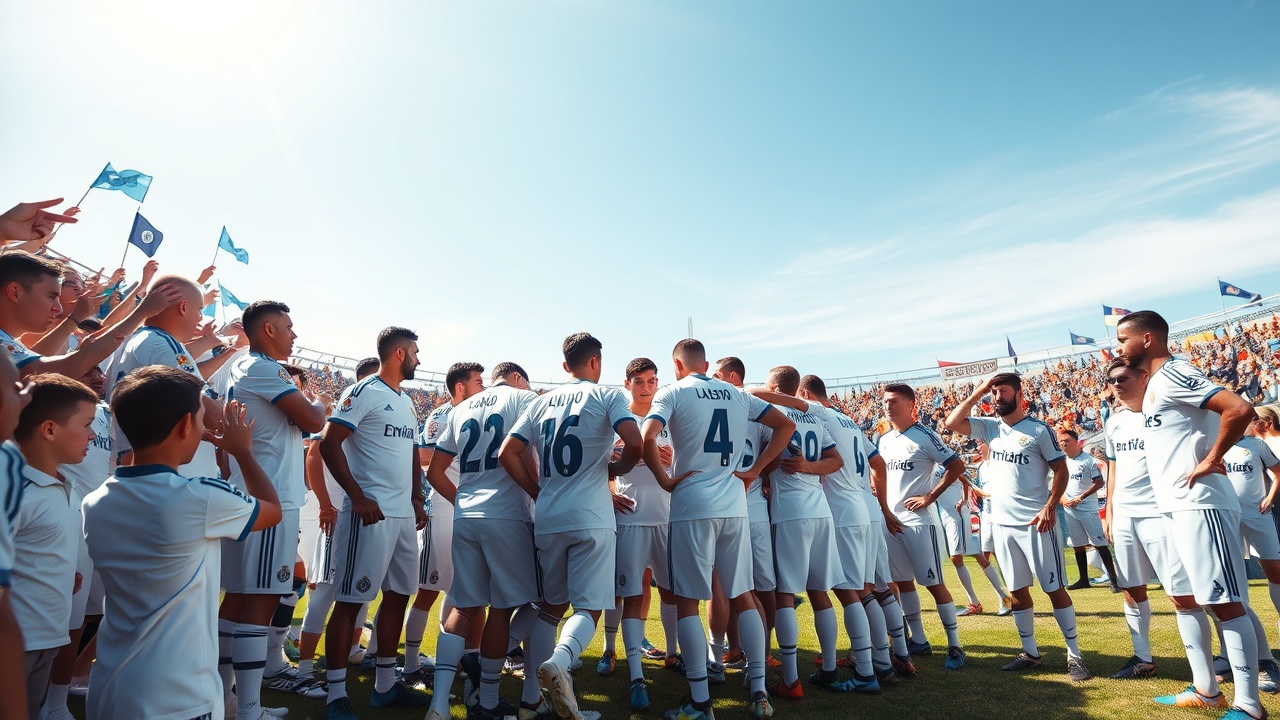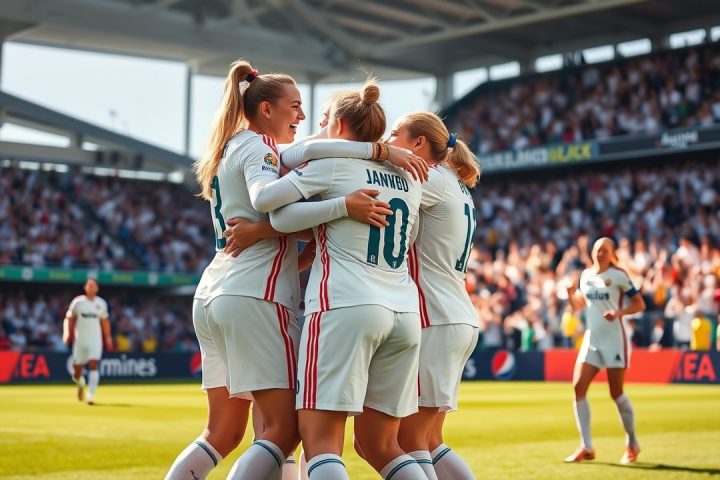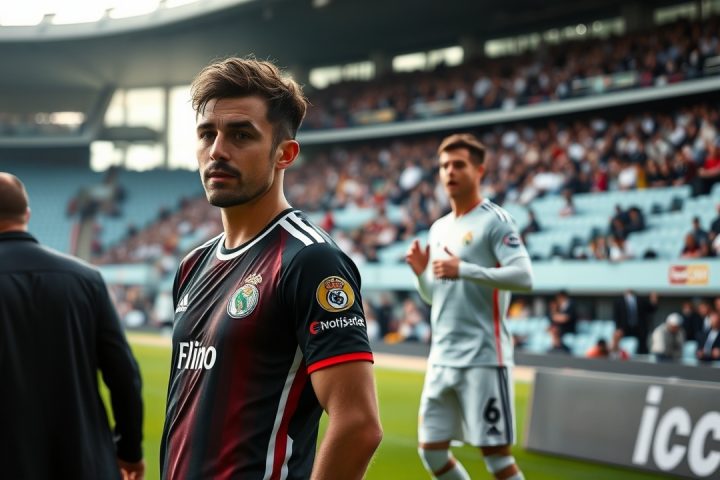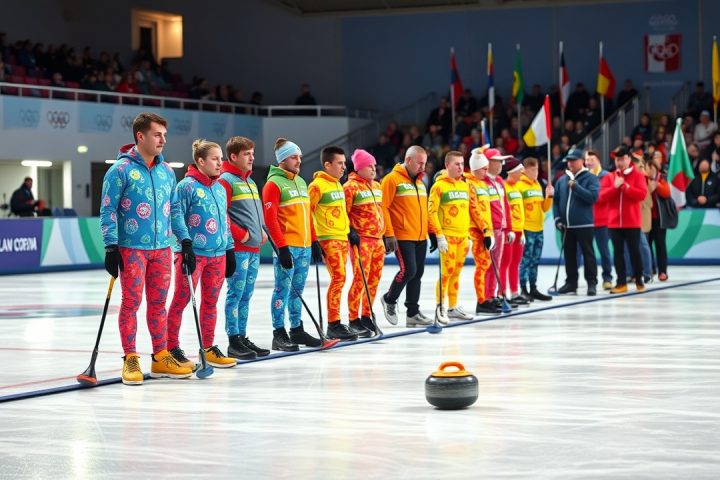Real Madrid’s Legacy of Individual Prowess
Real Madrid’s illustrious history has often placed an emphasis on individual player prowess rather than the tactical nuances employed by their coaches. This tradition can be traced back to the club’s 1950s heyday under president Santiago Bernabeu, who made a name for himself by recruiting footballing legends such as Alfredo Di Stefano, Ferenc Puskas, and Raymond Kopa. Their remarkable talents were pivotal in securing five consecutive European Cup victories between 1956 and 1960, marking the beginning of the club’s golden age.
Current Leadership and Tactical Shifts
The current president, Florentino Perez, continues to echo Bernabeu’s philosophy by prioritizing star players over potentially groundbreaking coaching strategies. However, this tendency has seen fluctuations, particularly with appointments like that of Xabi Alonso, who recently succeeded Carlo Ancelotti. This shift suggests a new chapter that challenges the club’s traditional reliance on player charisma.
Coaching Philosophy and Player Dynamics
Jorge Valdano, a veteran of the club, highlights the ongoing pattern by noting that recent European trophies have been clinched under coaches like Vicente del Bosque, Zinedine Zidane, and Ancelotti, who aren’t celebrated for their tactical innovations. Valdano recalls Zidane’s casual dismissal of formation questions, emphasizing instead the importance of camaraderie among players, which fosters the competitive spirit needed for success. This suggests that Real Madrid’s approach has often been to favor talent and player synergy over strict tactical frameworks.
The influence of club directors and presidents in decision-making processes has traditionally hindered coaches’ autonomy, making diplomatic skills essential for survival in the Bernabeu dugout. Consequently, game strategies have often reflected the unique abilities of players and their chemistry, rather than a singular coach’s vision.
Challenges and Tactical Evolution
During his second tenure, Ancelotti’s staff promoted a collective style of play, asserting that players improved when on the pitch together, allowing both team and individual talents to thrive. Nevertheless, this method hasn’t been without its challenges. Following Perez’s first departure in 2006, he admitted to the media that he had mishandled the management of the star-studded “Galacticos” era, which left the club without trophies for two consecutive seasons despite star power.
Former manager Fabio Capello, who returned in the 2006-2007 season, sought to emphasize a more tactical approach, focused on collective movement rather than individualistic play. His efforts resulted in a La Liga victory, though he was dismissed shortly after, despite the success. The club’s decision-makers indicated a preference for candidates who could provide more than just results, highlighting the delicate balance between outcome and team cohesion.
Alonso’s Vision and Future Challenges
Alonso’s tactics have already begun to reflect a shift as he takes the helm, promoting defensive responsibility among star forwards such as Kylian Mbappé and Vinicius Junior, while urging them to contribute to a more balanced team dynamic. Some analysts express skepticism about the sustainability of Alonso’s intense training regimens and whether established players will embrace the necessary changes.
The experiences of former coaches like José Mourinho and Rafael Benitez illustrate the difficulties faced when attempting to instill a more structured system. Mourinho’s methods led to a rift between the coach and key players, while Benitez struggled with acceptance of his tactical instructions before his quick replacement by Zidane.
Alonso’s early methods have shown promise, with players beginning to adapt to the required work ethic and tactical discipline. His vision for the team, introduced during his unveiling, hinted at a refreshing, energetic brand of football that should resonate well with fans.
Valdano notes that Alonso’s coaching style, influenced by his tenure at Bayern Munich under Pep Guardiola, signifies a potential evolution in Real Madrid’s approach, which may prioritize coaching influence over individualism. However, his upcoming challenges against stars like Mbappé and Vinicius will be key in determining Alonso’s fate and if he will leave a lasting mark as one of Madrid’s great coaches or follow the paths of Mourinho and Benitez.




